Communicable Diseases
Langlade County Health Department is responsible under Wisconsin State Statute 252 for the prevention, mitigation and control of communicable diseases.
Health Department Public Health nurses provide follow up and consultation for specific diseases as required. Wisconsin Statutes 441 and 448 require the reporting of communicable diseases to the local health department for follow up.
The follow up completed by public health staff aims to prevent, and control outbreaks in the community. The health department uses this information to identify trends as well as identifying the source of illness, the way it spreads and to stop any further spread.
Food and Waterborne Diseases
Foodborne diseases is any illness that results from eating contaminated food. Waterborne diseases are any illness that results from drinking contaminated water including from lakes, streams and rivers.
Campylobacter: This bacteria is the most common cause of diarrhea in the U.S. Most cases happen by eating undercooked poultry products. Symptoms include diarrhea, fever, stomach cramps, nausea, vomiting.
Cryptosporidium: Crypto lives in the gut of infected humans or animals. This is spread by swallowing water that is contaminated, drinking untreated water, eating undercooked food that is contaminated or touching your mouth with contaminated hands. Symptoms include watery diarrhea, stomach cramps, dehydration, nausea, vomiting, fever, weight loss.
Cyclosporiasis: Most common people get sick by traveling to or eating fresh produce that is contaminated. This illness causes diarrhea and stomach pain.
Giardiasis: Anyone can get giardia by swallowing the parasite. Giardia spread very easily and can be spread by swallowing unsafe food or water, having close contact with someone who has giardiasis, traveling to areas with poor sanitation, or having contact with infected animals or contaminated environments.
E.coli (shiga toxin-producing): People of any age can become infected. Some foods are considered to carry a high risk of infection and include: unpasteurized milk, unpasteruized apple cider, soft cheeses made from raw milk. Symptoms include stomach cramps, diarrhea (often bloody) and vomiting.
Listeria: Listeria symptoms include sudden onset of fever, muscle aches, chills, stiff neck and confusion.
Salmonella: Salmonella are commonly found in raw meats, poultry, eggs and unpasteurized dairy products. People can get infected with poop from people or animals that have salmonellosis.
Tuberculosis (TB)
Tuberculosis (TB) is an infection caused by bacteria that can infect the lungs, bones, skin, and other body parts.
Screenings and Prevention:
We test those at risk for TB and treat people with latent and active TB disease to reduce the rates of infection within the community, because the bacteria can spread through the air by coughing, sneezing, or speaking.
Important Information/Dates:
The Langlade County Health Department provides TB skin testing on Mondays, Tuesdays, Wednesdays by appointment for a nominal fee. To schedule an appointment, please contact us.
Other providers in Langlade County that offer TB Skin testing and/or QuantiFERON Gold testing by lab:
Aspirus Clinics:
Antigo: 715-623-2351
Birnamwood: 715-449-2539
Elcho: 715-275-4011
Tuberculosis (TB) Additional Resources:
Wisconsin TB Statistics
Questions and Answers about TB Español
Patient Resources
Home Sputum Collection Videos: A Step-by-Step Guide
Vectorborne Diseases
Vectorborne diseases are a result from an infection transmitted to humans by other animals such as mosquitoes and ticks.
West Nile Virus: spread by the bite of an infected mosquito. Symptoms include fever, headache, muscle aches, joint pain, rash, swollen lymph nodes, sensitivity to light, vomiting.
Lyme Disease: spread by the bite of an infected deer tick. Symptoms include circular reddish rash (bulls-eye rash), fever, chills, headache, fatigue, stiff neck, muscle and/or joint pain.
Anaplasmosis: spread by the bite of an infected deer tick. Symptoms include fever, chills, severe headache, muscle aches, tiredness, nausea, vomiting.
Babesiosis: spread by the bite of an infected tick. Symptoms include flu like symptoms, anemia, low blood platelets, jaundice, spleen and liver enlargement.
Ehrlichiosis: spread by the bite of an infected tick. Symptoms include fever, chills, severe headache, muscle aches, joint pain, and confusion.
Vaccine Preventable Diseases
Vaccines are one of the best ways to protect the health of our community. Vaccines are a safe and effective way to prevent millions of deaths from disease. Vaccines follow a schedule which provides vaccines at ages to offer the most protection for children and adults.
Langlade County Health Department offers Immunization Clinics.
Vaccines can prevent the following diseases:
Wisconsin DHS Fact Sheets:
Campylobacter
Crypotsporidium
Cyclosporiasis
Giardia
E.coli
Listeria
Salmonella
West Nile
Lyme Disease
Anaplasmosis and Ehrilichiosis
Babesiosis
Wisconsin DHS Fact Sheets Español:
Campylobacter
Cryptosporidium
Cyclosporiasis
Giardia
E.coli
Listeria
Salmonella
West Nile
Lyme Disease
Anaplasmosis and Ehrilichiosis
Babesiosis
